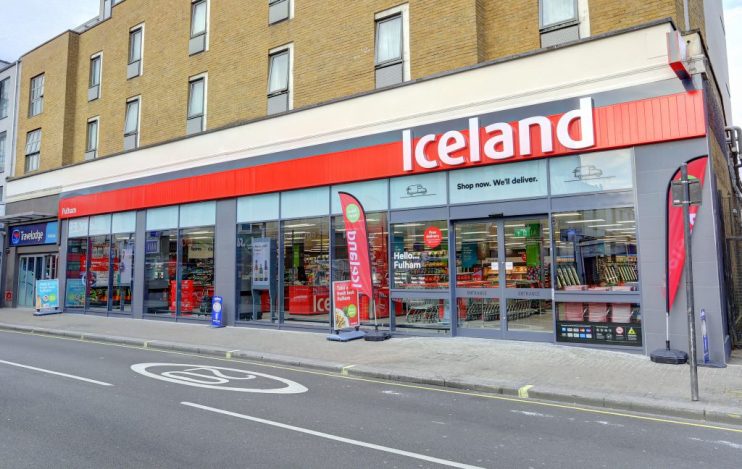Iceland blames Russian war for whopping £95.7m energy bill

Iceland, the frozen food supermarket, has blamed a “global surge” in wholesale prices following the war between Russian and Ukraine for its hefty £95.7m energy bill in the year to March.
The value grocery chain, which specialises in frozen processed food, said that forking out for the “wholly unprecedented” charge led to a £35m loss in adjusted EBITDA.
A report filed by the firm on Companies House shows that sales at the supermarket jumped seven per cent during the year to £3.96bn as cash strapped Brits turned to cheaper frozen goods to trim back on costs.
The popular British chain was also bolstered by demand for its ready meal collaboration with a host of UK businesses.
“We enjoyed record-breaking Christmas sales in the third quarter and continued to trade ahead of the market through the final quarter maintaining our ranking as the UK’s fastest-growing multi-channel food retailer, as measured by Kantar,” Iceland said.
Capital expenditure at the firm also took a hit, down to £58.1m from £76.4m the prior year, this was due to the company pouring funds into refurbishing some of its 900 stores in the UK and a slow down in new store openings towards the end of the year.
The firm opened 24 new stores in the UK during the year and closed 18.
Iceland pointed at the cost of living trend of customers dining instead of eating out for trouble at its restaurant arm.
During the year, the firm ditched three additional small restaurants within Next retail stores, formerly operated as a joint venture with Next, which have been rebranded as Italian chain Piccolo.
Iceland said: “In January we appointed a new chief executive of our restaurant business, Andrew Garton, who has already made very significant progress in strengthening the leadership team, enhancing the restaurants’ IT and reporting infrastructure and improving our food offering.”
“We are confident that, under his leadership, the business is capable of attaining a profit position that will allow us to realise value for group stakeholders in the future.”